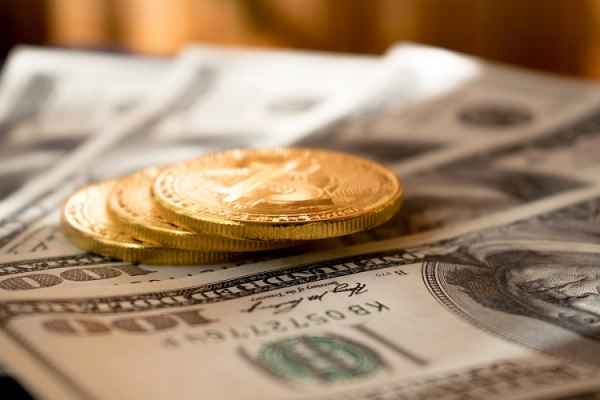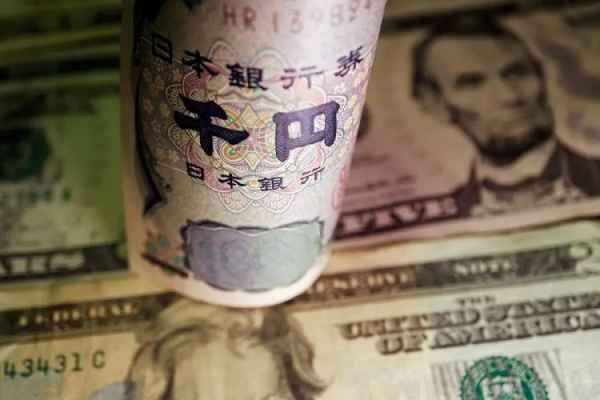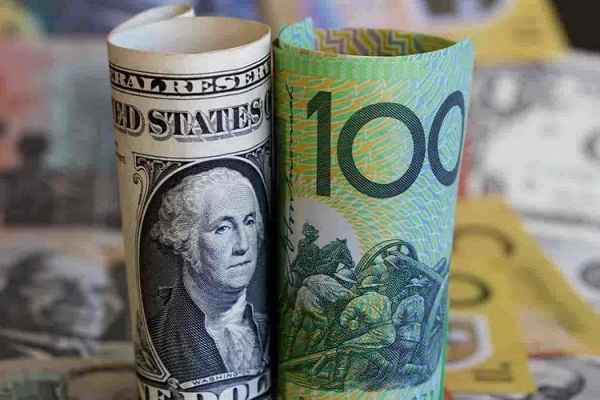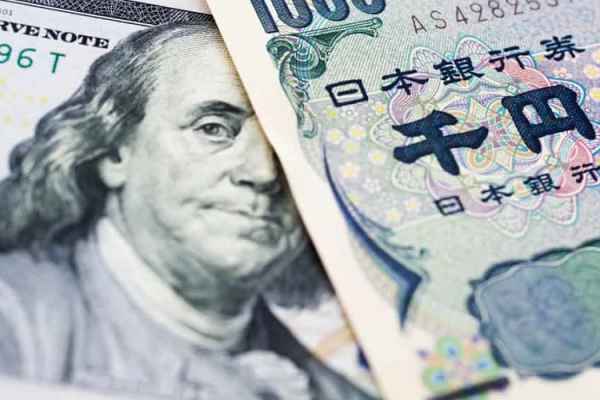Nomura expects the BoE to start rate cuts only in August, while the ECB and the Fed in June. This affects the outlook for Sterling and the Euro.
The US dollar exchange rate briefly strengthened yesterday after the release of US PMI data but weakened again in trading this Friday (23/February). GBP/USD climbed to 1.2685 during the European session, while EUR/USD consolidated around 1.0827.
What are the prospects for Sterling and the Euro going forward? Experts from investment bank Nomura think that Pound Sterling has a constructive outlook for the next few weeks. Meanwhile, the Euro is likely to remain volatile within a limited range.
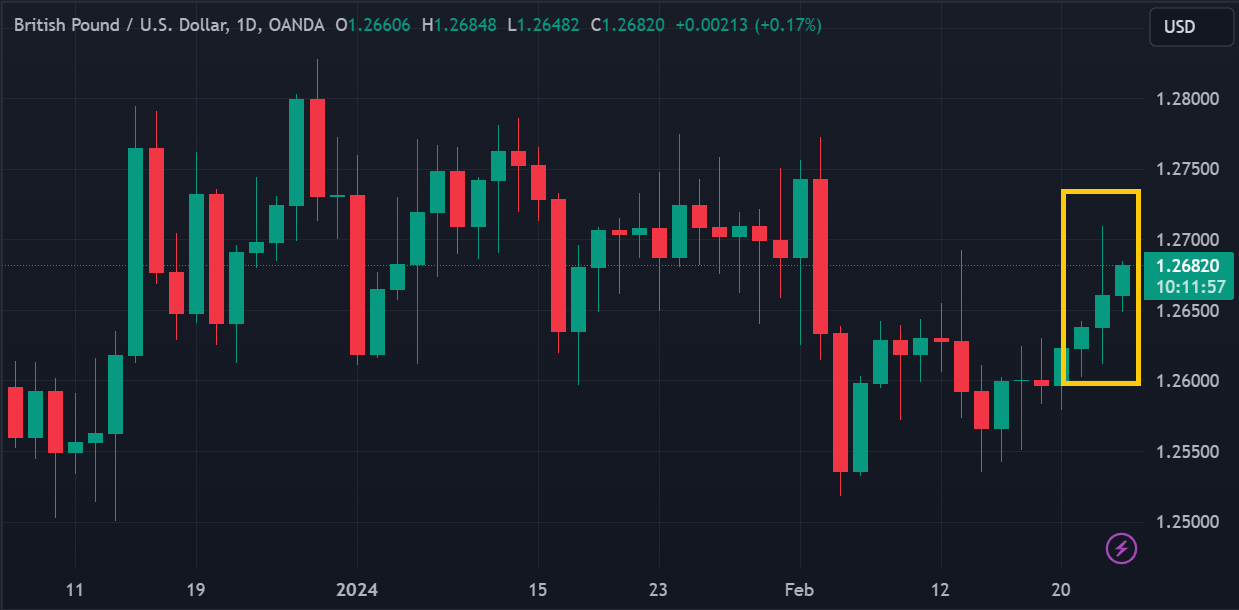
Experts from Nomura rate Pound Sterling as "relatively positive" as data suggests the Bank of England (BoE) will begin its rate cuts after the Federal Reserve and European Central Bank (ECB). Nomura expects the BoE to begin rate cuts in August, while the ECB and the Fed in June.
Details of UK PMI data yesterday showed increased prices in the service sector. Central banks will be reluctant to lower interest rates if inflation in this sector remains high.
"The price index in the Services PMI is rising gradually, suggesting that 'domestic' inflation is rigid, possibly partly due to rising UK official wage data, making it difficult to return services inflation to 'normal' levels," Nomura said.
"Banks are not yet in a position to consider the start of a rate cut cycle in earnest," Nomura continued, "So, a less dovish BoE stance will help GBP remain resilient among the G10 (currencies)."
The outlook for the Euro is relatively weaker. This is because yesterday's Eurozone PMI data illustrated continued economic contraction.
Nomura thinks the EUR/USD movement in the short term will remain range-bound and will not break 1.10 in the coming weeks. There is a chance for EUR/USD to climb to above 1.09 - its position before the release of the fantastic US Nonfarm Payroll data earlier this month, but that strengthening will likely be temporary.
They explained, "For EUR/USD to clearly and persistently break out of this range in either direction, we think the market needs to be more confident about which central bank will cut first (ECB or Fed -ed), the number of rate cuts in 2024, and/or the development of economic growth."

 Dedicated FREE FOREX VPS
Dedicated FREE FOREX VPS Free FOREX Virtual Private Server
Free FOREX Virtual Private Server MT4 Demo Contest, Get $500
MT4 Demo Contest, Get $500 Sign Up for an Account, Claim 60% Deposit Bonus
Sign Up for an Account, Claim 60% Deposit Bonus Free MT4/MT5 VPS 2024
Free MT4/MT5 VPS 2024 Send E-mail and Get Free Merchandise
Send E-mail and Get Free Merchandise $1K Refer a Friend Bonus for Pepperstone Pro clients
$1K Refer a Friend Bonus for Pepperstone Pro clients Maximize Your Earnings with 100% Deposit bonus
Maximize Your Earnings with 100% Deposit bonus Trade to Win, $5,000 Monthly Demo Contest
Trade to Win, $5,000 Monthly Demo Contest Claim 30% + 15% Deposit Bonus from LiteFinance
Claim 30% + 15% Deposit Bonus from LiteFinance


